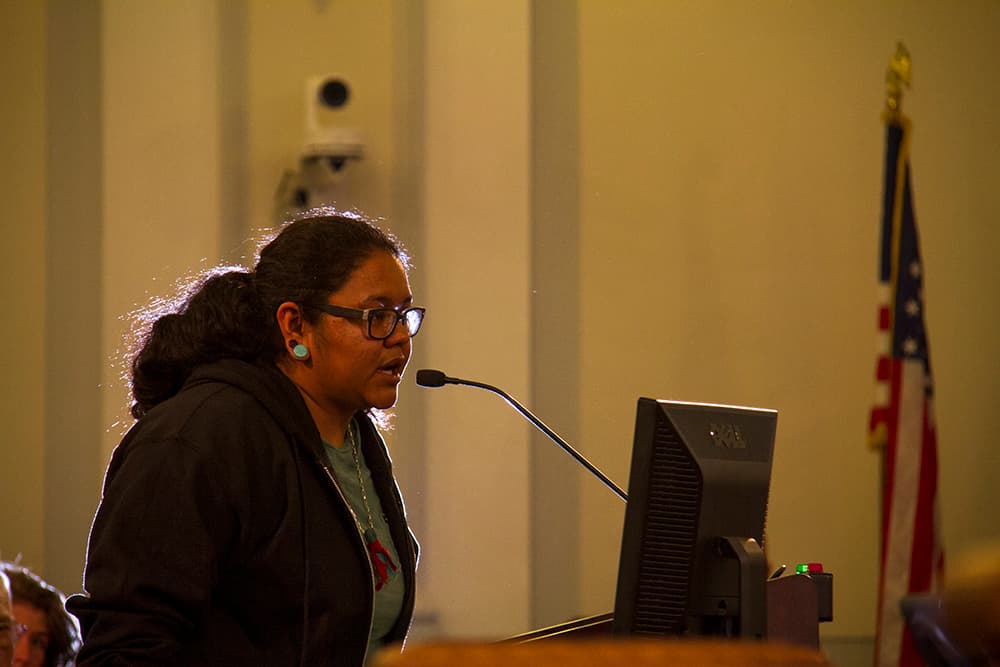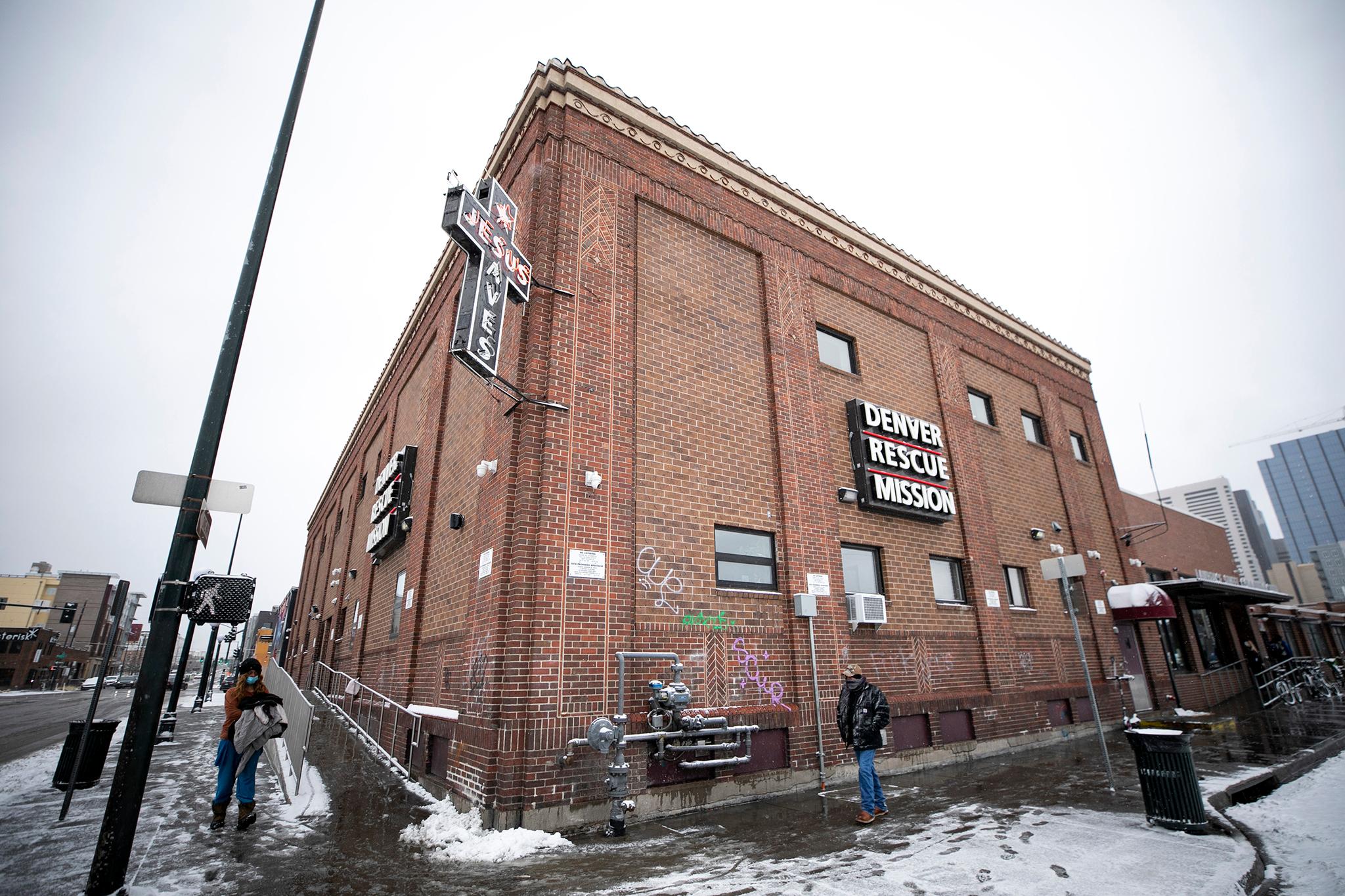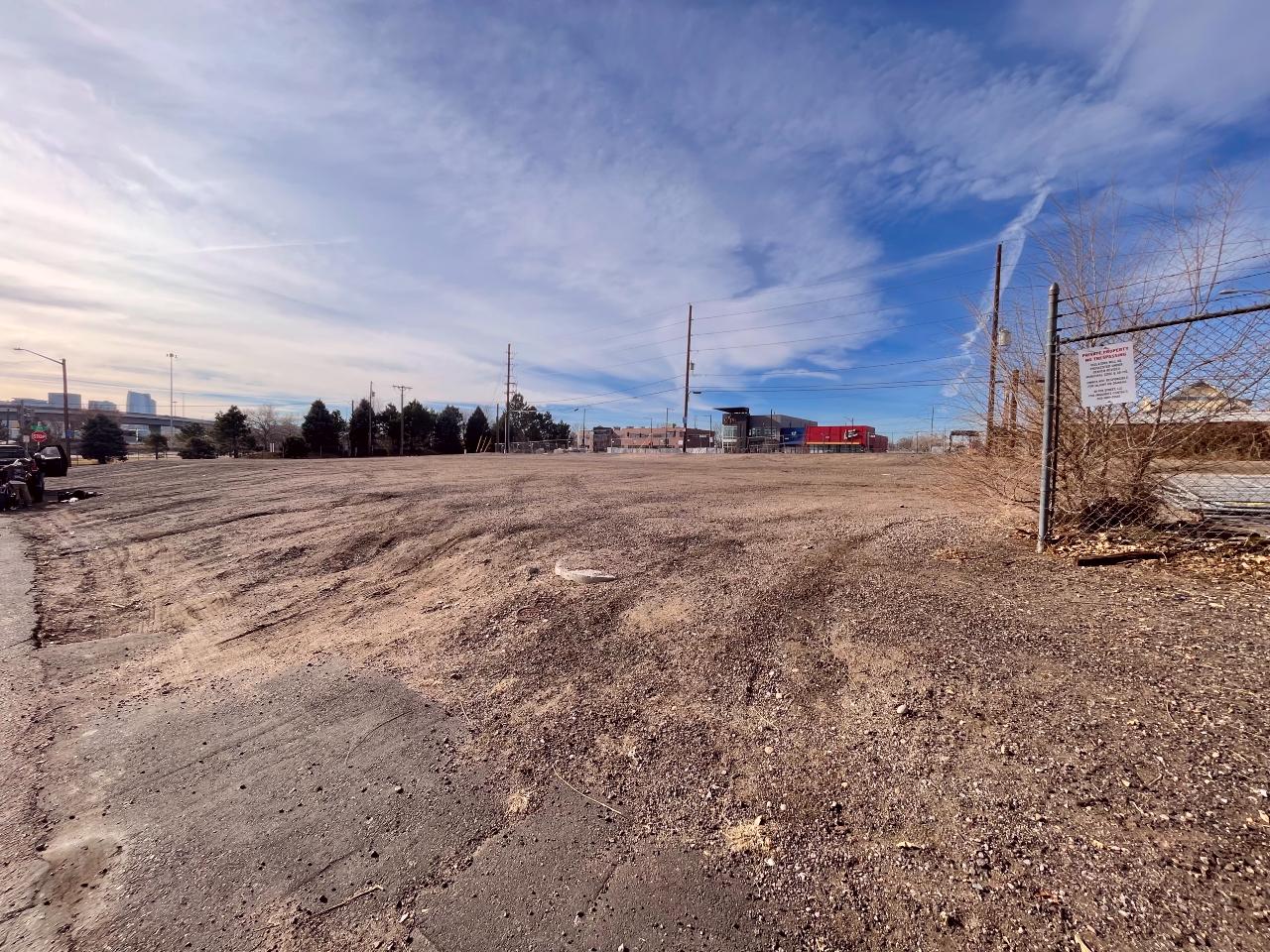
I get it: the effects of federal policy can feel far removed from the daily Denver life.
But since almost 70 percent of the Denver Housing Authority's budget comes from federal funds, President Donald Trump's proposed budget for the Department Housing and Urban Development hits a bit closer to home.
First, a bit about what Trump has proposed for HUD: It's a 13.2 percent decrease from last year, amounting to $6 billion. At least one program, the Community Development Block Grant Program, has been eliminated in the budget. There are also big cuts to programs that provide money for maintenance and new investment.
Denver has $90 million worth of delayed capital needs, including maintenance, says Denver Housing Authority Executive Director Ismael Guerrero. They've been getting $5 million from HUD each year to fix that.
But with Trump's projected 68 percent reduction in the capital fund, that backlog of capital improvement can only increase, Guerrero says. In turn, that will lead to higher operating costs because DHA will have more maintenance costs.
Plus there are possible rent hikes in the future.
"Because of projected cuts in the housing operating fund, we may have to impose rent increases on our current residents in order to cover the deficit and that particularly could hit seniors and disabled households who are on fixed incomes the hardest," Guerrero said. "Even if it's a $25 to $75 month per month increase, just because they're on such low fixed incomes, it would be significant."
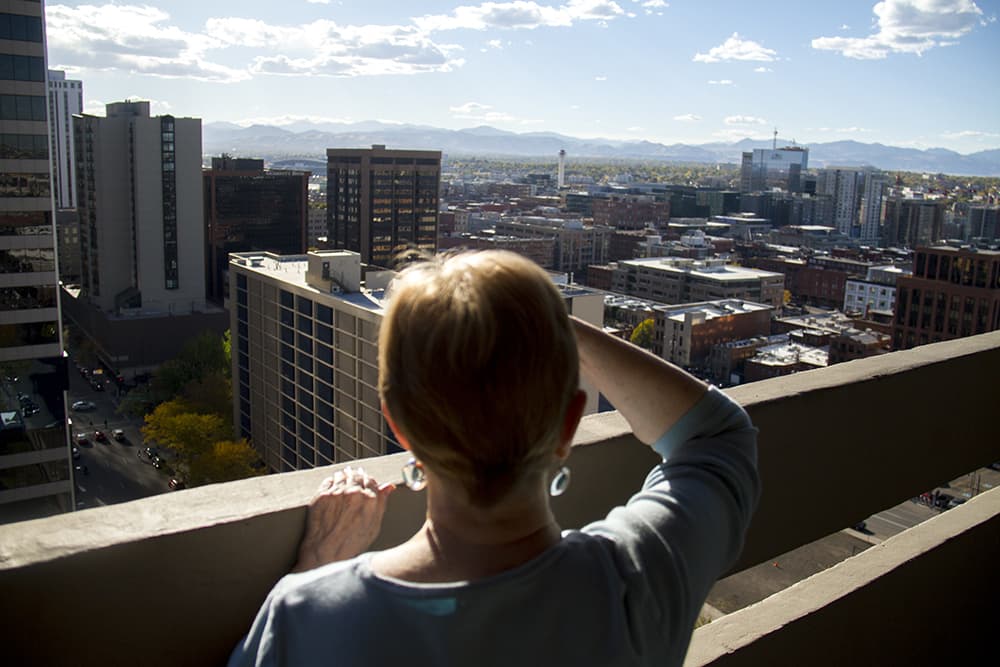
And then there are the 300 to 400 people who could lose self-sufficiency programming like the youth employment program or tools to help people transition from DHA housing.
Guerrero hopes that work with the Colorado delegation can lessen proposed cuts, or else lead to regulatory reforms that would mitigate cuts. But in a world where cuts like these continue, Guerrero thinks residents would notice an increase in homelessness and more.
"Given that the households that we serve have an average income of $11,000 to $12,000 per year, if they lose their rental subsidy, there's usually only one place for them to go and that's homelessness," he said.
"We feel very proud and proactive making sure that our properties in every neighborhood, whether they're larger, mid-rises or dispersed properties, that they are indistinguishable from any other," he said. "But with a growing backlog of capital improvements and shrinking of funding to make them happen, the condition of our properties in the neighborhood could start to slide."
Money to improve sidewalks, food deserts and more goes away too.
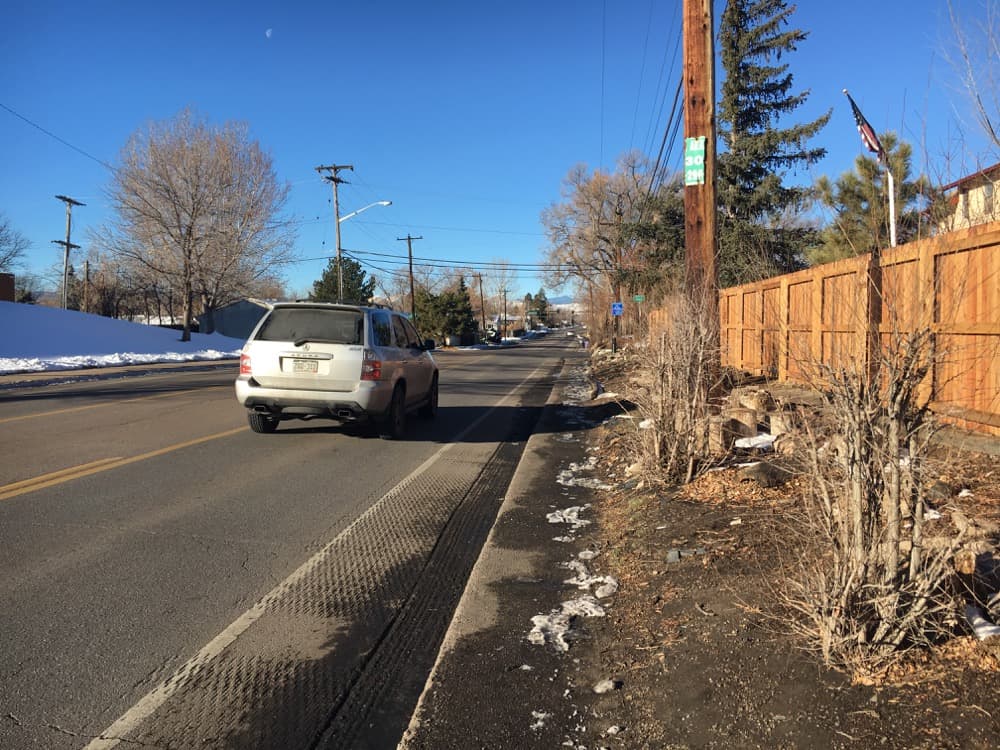
But the cuts are not limited to DHA; the city of Denver stands to lose out on funding too. Last year, the Denver Office of Economic Development got more than $6 million from the Community Development Block Grant Program, the one that's eliminated entirely in Trump's budget.
OED spokesperson Derek Woodbury say the agency has yet to receive an allocation letter from HUD for 2017 CDBG funding. Usually, they get the letter later in the spring, and a grant agreement in the summer.
But if the CDBG program is indeed eliminated, that means losing out on money that benefitted about 70,000 people last year alone, both directly and indirectly. Plus Woodbury says OED itself might need to look at staffing levels and its current contracts.
Over the years, the CDBG program in Denver has funded rental vouchers for the homeless, emergency home repairs for low-income homeowners, down payment assistance loans, job training, healthy food access, youth programs, even sidewalks.
Asked to explain what exactly it means for the city, Woodbury wondered where to begin.
"It's a huge program and we're hopeful that these proposed dramatic cuts don't take shape," he said. "These cuts are not neighborhood-friendly, they're not community-friendly and if adopted, they would provide a major hurdle towards furthering economic prosperity throughout the city."

